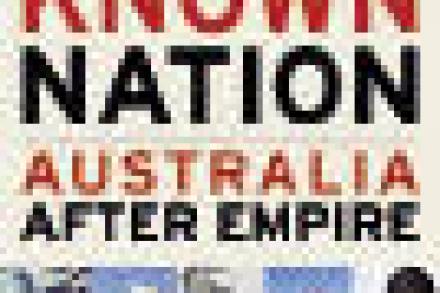Helping Australia
William Hague is in Australia and the Foreign and Commonwealth Secretary has been tweeting bits and pieces about his visit: In Sydney for the AUKMIN discussions with our Australian counterparts. UK-Australia relationship going from strength to strength. Heading back to Sydney for events at British Chamber of Commerce, British Council and a big speech on foreign policy. No word yet on plans to announce a programme of batting and bowling and fielding aid to our beleaguered friends beneath the Southern Cross. No, this sort of thing won’t get old for some time to come. At least not until the summer of 2013…








